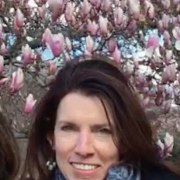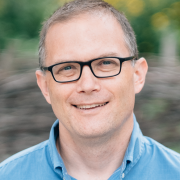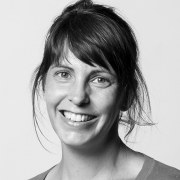One of the shared aims of Tinkering is to help immerse people in a learning experience that can be highly inclusive. This session “theorises” Tinkering and MakerSpaces, demonstrating how different theoretical lenses reveal different aspects of learning that may or may not be possible in Tinkering spaces. Integrating perspectives from both research and practice, this session will span theories of equity, social justice, and science capital.
Facilitator
Session speakers
Senior Research Scientist
University of Washington
Using cultural historical theories of learning, Bronwyn shares how designing and studying (reflecting on, documenting) Tinkering spaces can help museum staff develop more expansive and comprehensive views of "what counts" as learning.
Assistant Professor of STEAM Education
University of Wisconsin
Peter Wardrip will discuss a study he led with Lisa Brahms at the Children's Museum of Pittsburgh, where they worked with Maker educators to develop local theory to support a shared language and lens in their work together.
Reader in Science Education
King’s College London
London
United Kingdom
Heather King discusses the extent to which informal Making and Tinkering programmes are uniquely placed – or not – to embed social justice perspectives into their pedagogy. Drawing on data collected in settings across London, Heather will draw attention to the affordances of making, tinkering and coding for supporting equitable engagement of young people, but also highlight the inevitable limitations of such programmes.



